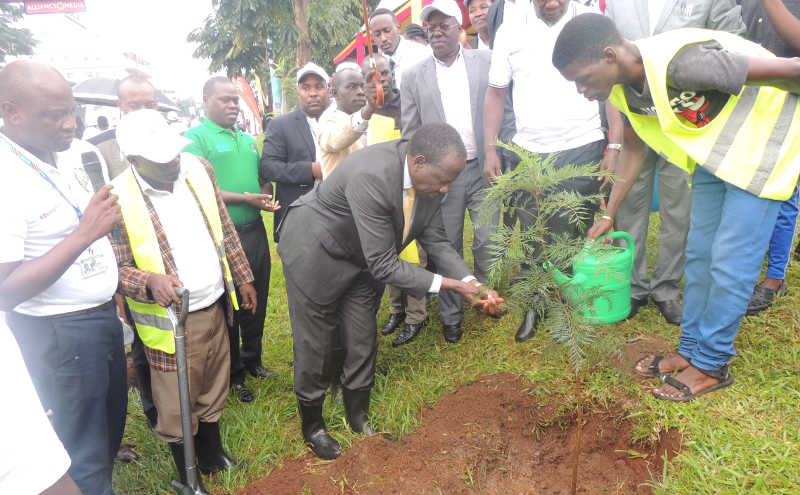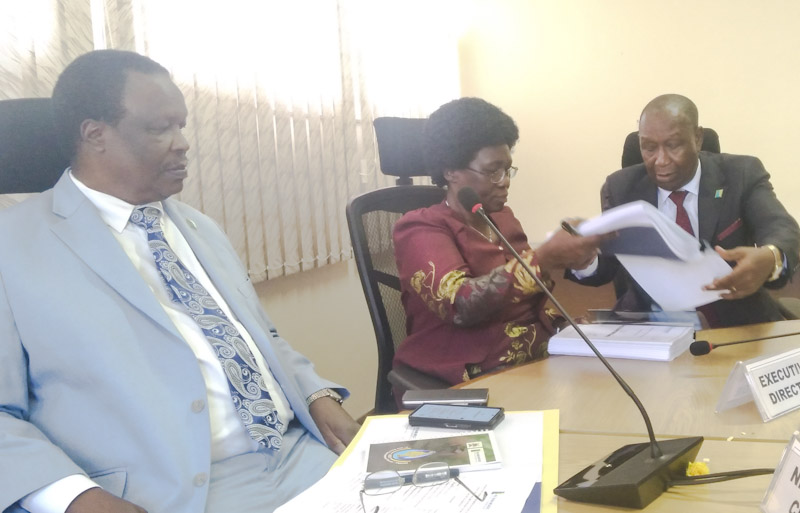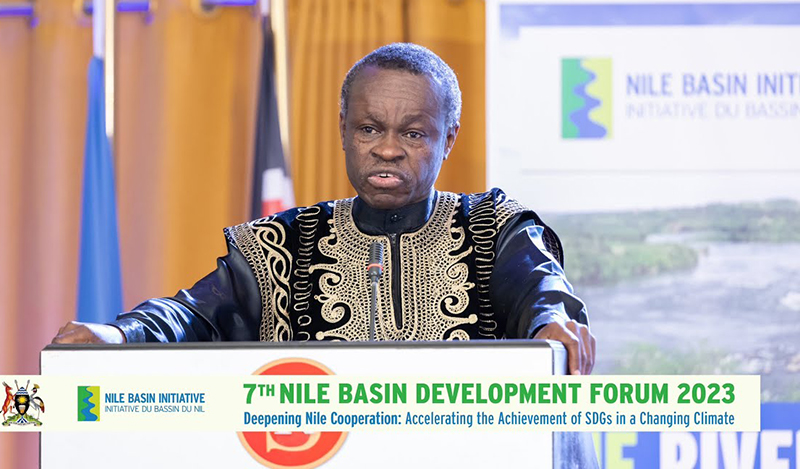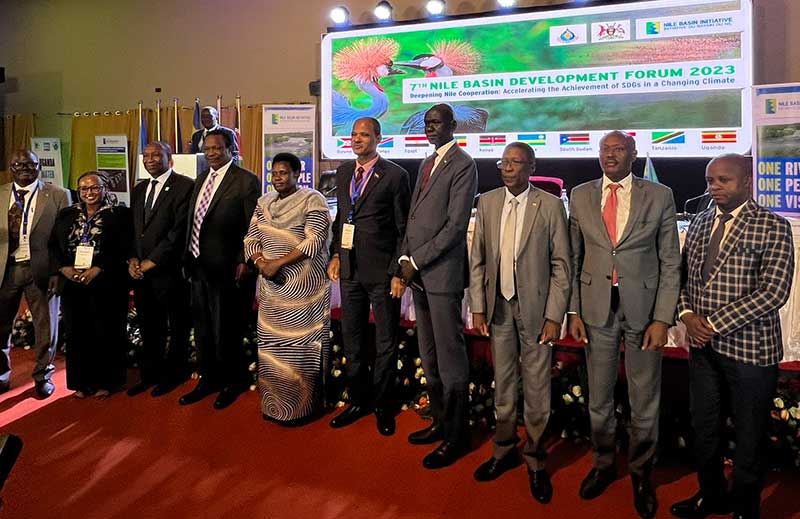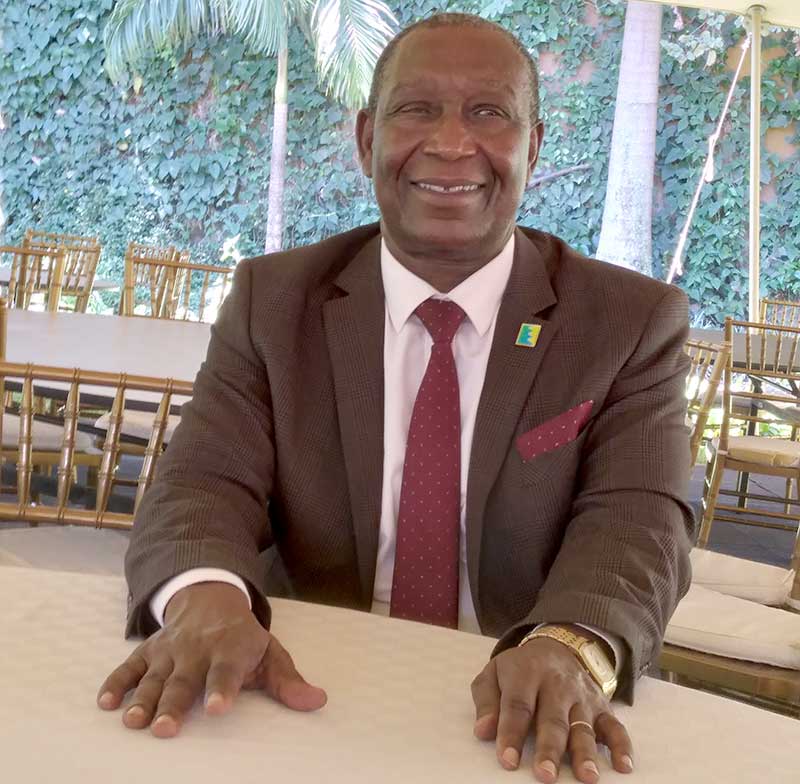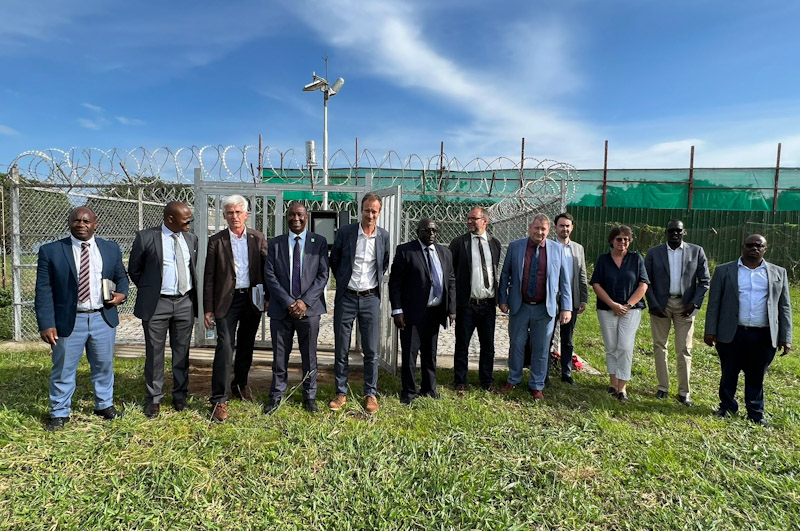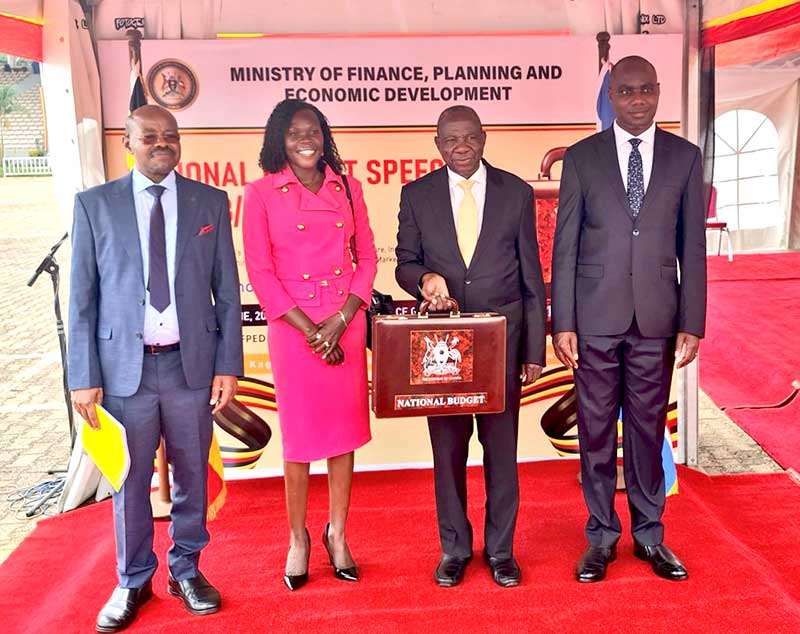The Minister of Finance Planning and Economic Development Matia Kasaija this week appealed to Ugandans to take it upon themselves to restore the country’s lost green cover by planting trees.
Kasaija made the appeal recently as he led his team to plant about 20 trees along Bombo road from Norvik hospital up to YMCA in Wandegeya, as a gesture of what putting words into action. This was part of the series of activities to mark the Budget month that is supposed to climax with the reading of the 2019/20 budget on 13th June 2019.
In a similar vein, the leadership of Kampala Capital City Authority (KCCA) revealed they have set themselves a target of planting 6000 trees every year going forward, in an effort to counter the threat of climate change.
Kasaija said: “Uganda’s economy is majorly dependent on climate-sensitive sectors like agriculture and tourism, and therefore we need to pay attention to environmental issues if economic growth is to be sustained.”
He added that climate change posses serious risks to Uganda’s economic growth highlighting the 2016/17 prolonged drought which affected agricultural output, and deepened poverty.
“As government, we set a target to reverse the trend in environmental degradation and increase the percentage of land covered by vital ecosystems from the current 19 percent to 24 percent by 2022”.
Many however doubt the government’s lack of commitment towards tree planting given its failure to help the country find an alternative source of energy to charcoal and firewood.
Charcoal burning, coupled with clearing of land to secure land for farm expansion are the leading causes of deforestation in Uganda.
Also, as another sign of lack of commitment, security agencies such as the army and the prisons, are the leading destroyers of forest cover in their search for cooking energy. Although the ministry of defense is promising to introduce solar lighting in all the barracks, solar for cooking is still far away in the barracks and prisons.
And whereas the government has been promising to plant trees but have yet to come up with a deliberate plan that can get everyone to seriously plant trees.
Besides, the government has been a major destroyer of environment by directing investors and infrastructure projects such as the Entebbe Express highway into wetlands.
In comparison, perhaps to our sisters the Rwandans in Kigali, the government this year ordered all industries to vacate wetlands by next year. The country has already successfully implemented a ban on the use of polythene bags (Buveera) and is yet to embark on a country-wide campaign to encourage farmers to terrace their gardens, most of which are found on slopes of hills.
And although all 10 Nile Basin countries committed to making 2019 the Nile of the Nile Basin, Uganda is yet to come up with a concrete plan to save river Nile from the big challenges of wetland destruction.

